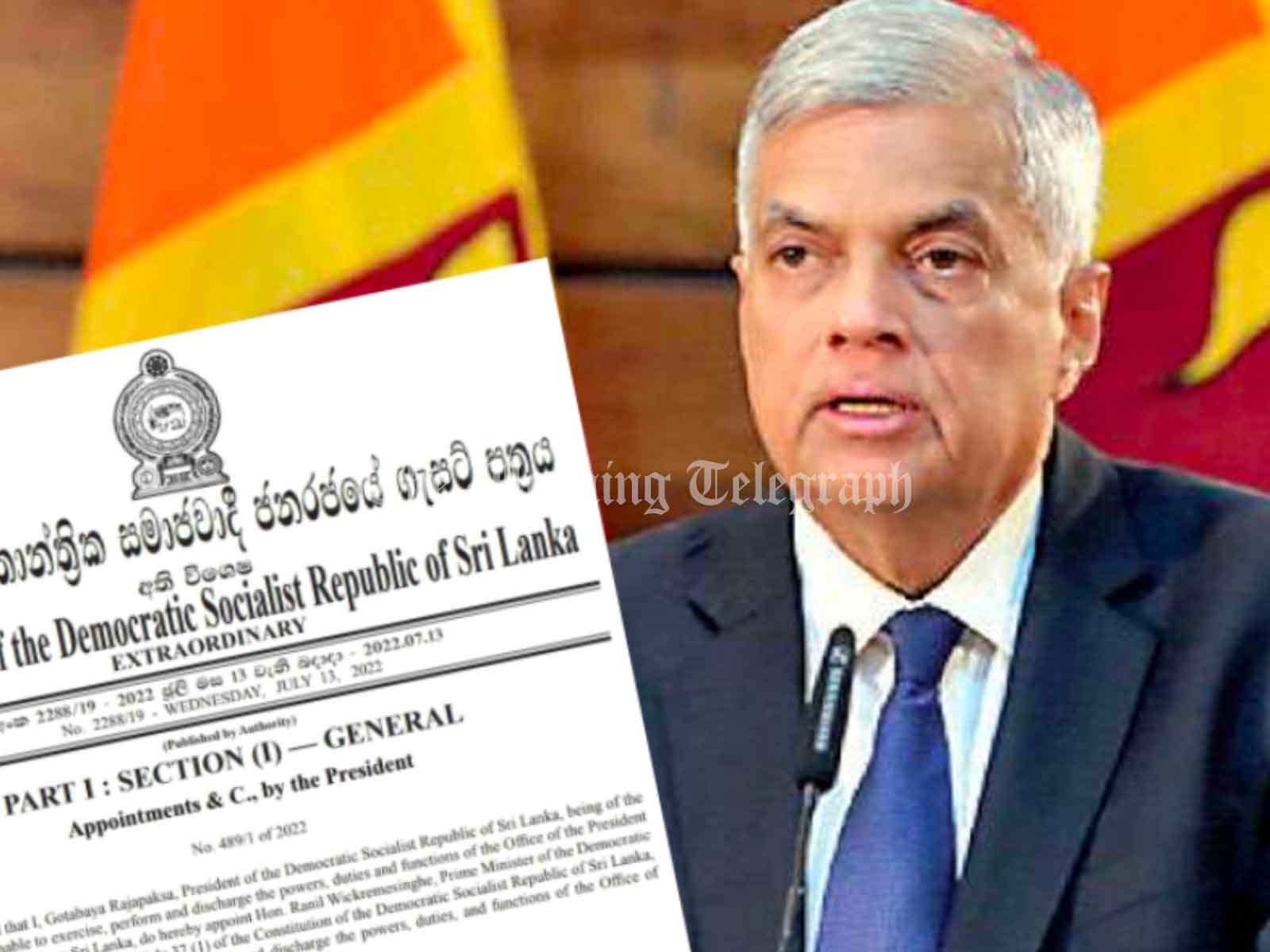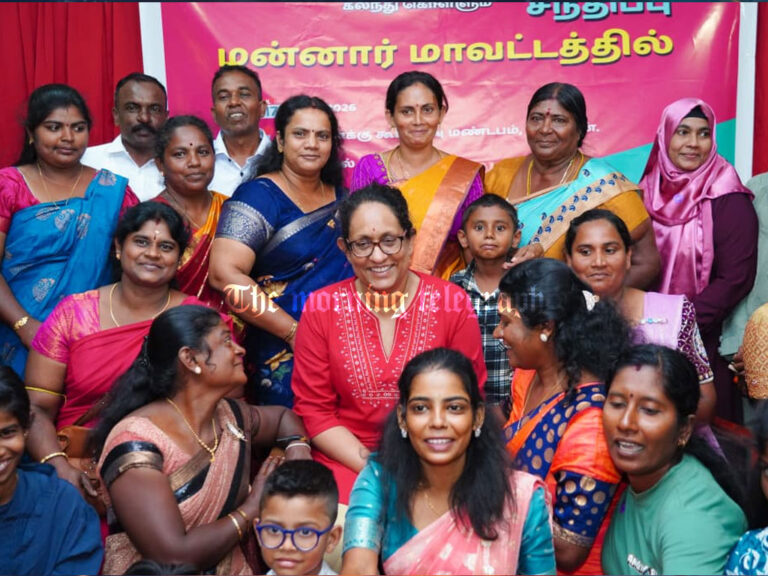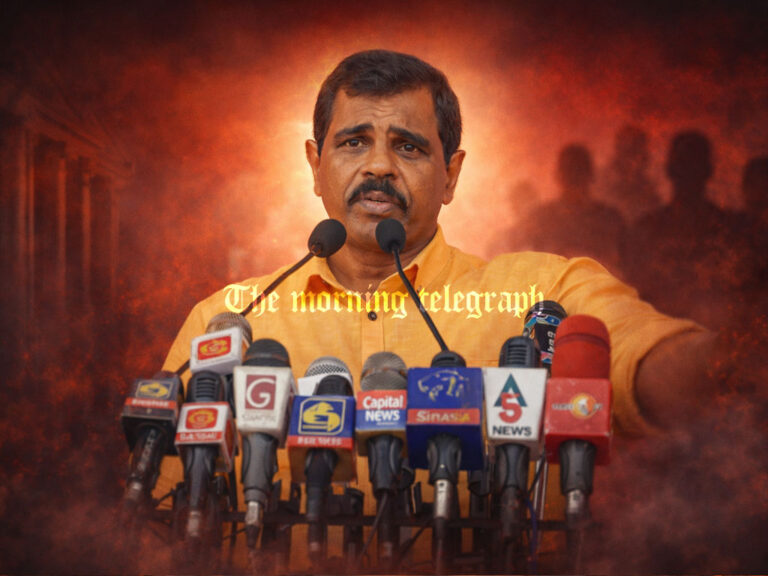
In a decisive move that underscores the President’s commitment to reform, President Ranil Wickremesinghe announced that the controversial Bill 22 will be gazetted by presidential order, regardless of ministerial opposition.
This amendment is brought to replace the word “exceeding 06 years” with “exceeding 05 years” in Article 83 (b) of the Constitution regarding the term of office of the President.
The decision comes amid intense political debate and resistance from certain factions within the government. Bill 22, which aims to introduce significant changes to the country’s economic and educational systems, has faced considerable scrutiny. Critics argue that the proposed reforms are too radical and could disrupt existing structures, while supporters believe they are necessary for Sri Lanka’s long-term development.
During a recent address, President Wickremesinghe emphasized the urgency and importance of Bill 22, stating that it represents a crucial step towards modernizing the nation. He stressed that the reforms are essential to align Sri Lanka with international standards and to foster a more competitive and sustainable economy.
“While I respect the opinions of my ministers and value their input, it is imperative that we move forward with these reforms,” President Wickremesinghe stated. “The future of our nation depends on our ability to adapt and evolve. Bill 22 is a cornerstone of that evolution, and I am committed to seeing it through.”
The President’s decision to bypass ministerial approval and directly gazette the bill highlights his determination to implement his vision for the country’s future. This move is expected to accelerate the legislative process, allowing the reforms to be enacted more swiftly.
Political analysts suggest that this action could set a precedent for future governance, showcasing the President’s willingness to take bold steps when faced with bureaucratic hurdles. However, it also raises questions about the balance of power within the government and the role of ministerial consent in legislative matters.
Despite the controversy, President Wickremesinghe remains steadfast in his resolve. “Our primary goal is the betterment of Sri Lanka and its people. We cannot afford to delay progress due to internal disagreements. Bill 22 will be gazetted, and we will continue to work towards a brighter future for all.”
The coming weeks are likely to see increased political activity and debate as the implications of this decision unfold. While the President’s supporters applaud his decisive leadership, opponents are expected to intensify their efforts to challenge the bill. Nonetheless, President Wickremesinghe’s announcement marks a significant moment in Sri Lanka’s political landscape, signaling a commitment to reform and progress.




